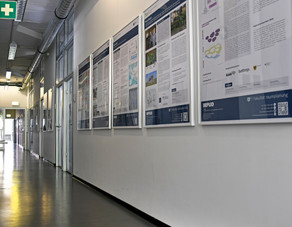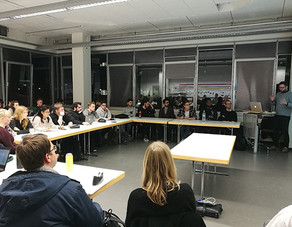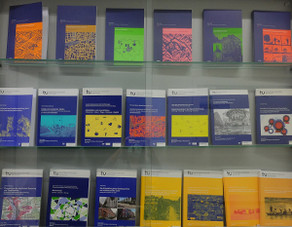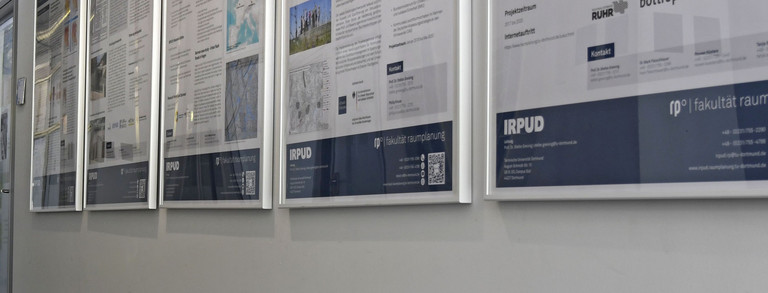ALBATROSS-model - Development of the methodological framework for a climate risk assessment model in Africa
As part of the ALBATROSS research project, RER is working on the development of a climate risk assessment model for various case studies in sub-Saharan Africa. The aim is to provide decision-makers and local stakeholders with a tool to better understand climatic risks such as floods, droughts and coastal erosion and to plan suitable adaptation measures.
The model is based on a methodological framework that was developed by RER in the first report as part of work package 2. The ALBATROSS model combines scientific analyses with an interactive visualisation via an online dashboard. This dashboard enables users to intuitively understand the spatial distribution of risks and their underlying factors - such as exposure and vulnerability.
A central component of the model is the integration of nature-based solutions. These approaches utilise natural processes and ecosystems to reduce risks in a targeted manner. Examples include the restoration of mangrove forests to stabilise coastal regions or measures to green urban areas, which can improve water absorption during heavy rainfall events.
The model is being set up and tested in seven pilot regions in Africa, including urban and rural areas in Ghana, Tanzania, Madagascar and South Africa. The model is being developed in close cooperation with local stakeholders to ensure that regional circumstances and specific challenges are taken into account appropriately.
With this approach, the ALBATROSS model is intended to help process scientifically sound findings in a practical way and support local adaptation strategies. We will present further progress from the project on a regular basis.






